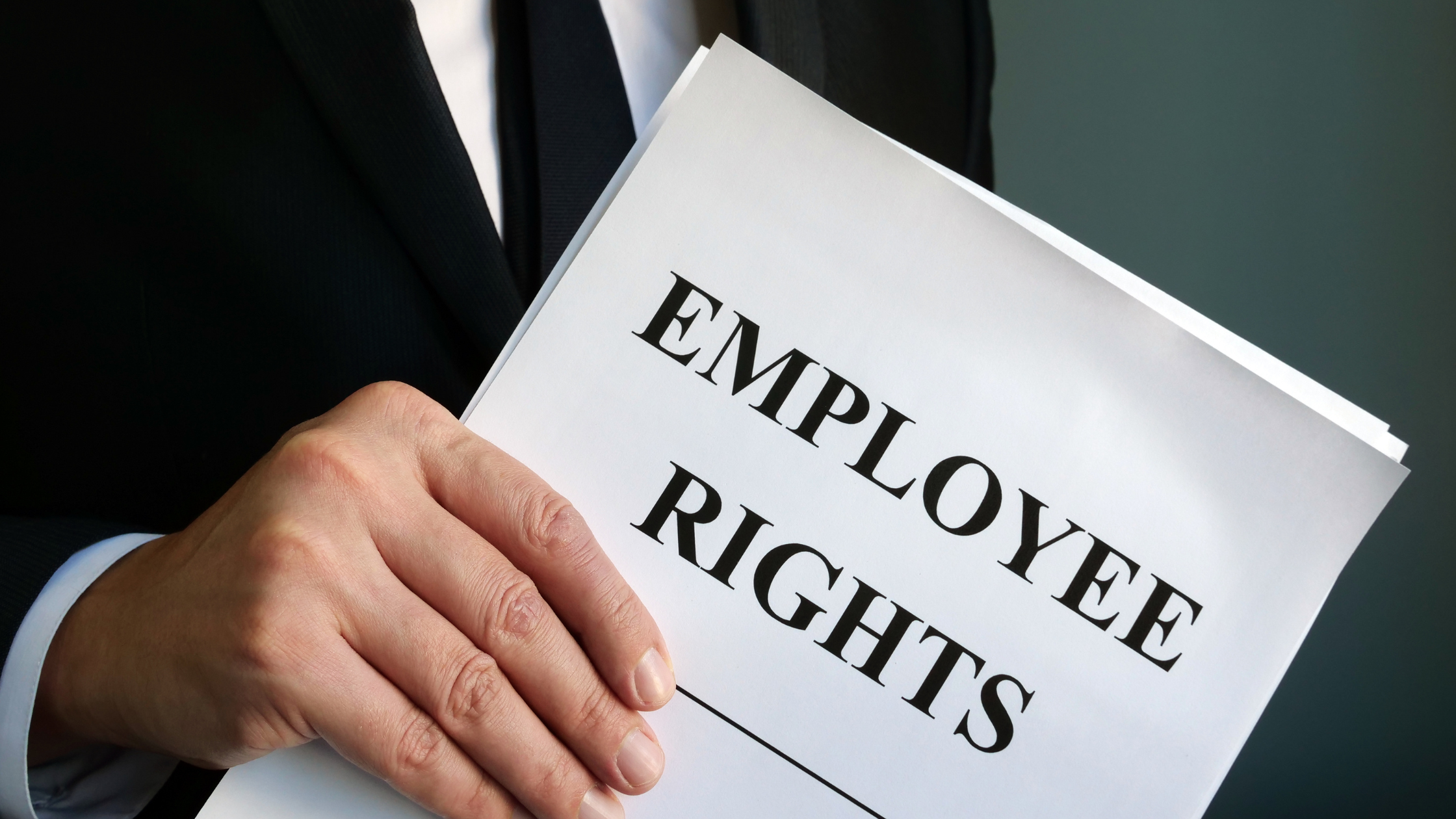The world is a complicated place. Evolving from Hunter Gatherers, to Simple Geniuses living in a socially constructed world. Almost everything revolves around money (which is just a piece of paper holding only the value we’ve decided to give it) and a super complex economic system, ranked by “GDP”.
While these fictitious commodities may seem like significant functionalities to help the world work, doesn’t it just seem a tad overcomplicated? Perhaps… but without them, the world would come crashing to a halt. There’s no turning back now, we’re too far in.
I would just like to emphasise that we are not providing a financial advice to our readers – we are only discussing the current state of the employment economy. I am a blog writer, not a representative of Mr. MoneySavingExpert, Martin Lewis.
Let’s start off with learning more about the National Minimum Wage…
What is the National Minimum Wage
The National Minimum Wage is the minimum pay rate per hour almost all workers are entitled to. The National Living Wage is higher than the National Minimum Wage, but is exclusive to those aged 23 and over.
Historically speaking, the National Minimum Wage is reviewed and increased every April, but should we increase it before next April?
Below are the current rates for the National Minimum wage in the UK as of April 2022:

As a single person, the minimum income calculator (www.minimumincome.org.uk) determines you should be making £20,383 per annum (£325.26 per week) after tax to have a decent standard of living. With an hourly rate of £9.50, you need to be working at least 49 hours per week to scrape this figure.
When you’re a single parent with one child of primary school age, you should be earning at least £24,883 per annum (£527.55 per week). To have a decent standard of living as a single parent, you need to be working at least 63 hours per week on £9.50 per hour.
While the above may feel like a do-able scenario for you workaholics out there, even the government suggests a 48-hour working week limit (you are able to opt-out of this). This should mean that they understand the negative impact which derives from working too many hours per week.
But can they truly understand the negative impact if the National Minimum Wage cannot cover the cost of a decent standard of living? While there are benefits and financial safety nets available to lower income individuals, the government seems to be doing everything in their power to suppress this luxury.
The government cut Universal Credit last October by £20 a week, and while they have since increased it – it doesn’t match the level it was at previously. Meanwhile, MPs get a juicy pay rise of £2,200 per annum.
With the National Minimum Wage barely grazing the amount needed to have a decent standard of living – as well as benefits being cut – it’s clear to see how poverty stood at 22% in 2020. Child poverty was standing at 31% in the same period. Yes, nearly 1 in 3 children are recognised as being below the poverty line.
With energy prices on the rise, the rate of poverty is bound to get higher. Fuel poverty is expected to rise to 76% of households by January 2023. Fuel poverty is when a household is spending more than 10% of its income on energy.
While there’s clearly a crisis for lower income households attempting to tackle the higher costs of living, how does wage growth compare to the rate of inflation?
How does the National Minimum Wage compare to the rate of inflation?
Currently, the rate of inflation stands at 10.1%, the highest it’s been in over 40 years. Meanwhile, the rate of total wage growth for 2022 was 6.6%. The minimum wage had been regularly rising faster than inflation over the last two decades, however, it’s now falling behind.

As the inflation rate rises, those workers on minimum wage are being pressed. Pay excluding bonuses dropped by 2.8% in March to May 2022, compared to the previous year, according to the Office for National Statistics (ONS). This was a record decline.
This is likely to bring forward the prospect of a recession. The UK is already showing a decline in economic growth, so allowing wages to fall in real terms is only likely to make the situation worse by squeezing household incomes. This squeeze will inevitably lead to a decrease in overall consumption and spending, putting further pressures on the economy.
The reason behind higher inflation rates? Well, with the boost of economic activity after COVID restrictions were lifted, along with the global supply chain issues deriving from the war in Ukraine, there has been added pressure on the economy.
While it’s disputed that this was the case some decades ago, I’d argue it’s far less affordable than it was in the 20th century. Ever come across someone who tells you to save up for a house while they comfortably live in a 4-bedroom, detached home which they bought for £150,000 in the 90s? It’s not as easy as that anymore…
While we’ve been dealt a poor hand with the circumstances over the last couple of years, will raising the National Minimum Wage help?
The Pros and Cons of raising the National Minimum Wage
While you’re reading this blog post, you may not associate any cons with raising the national minimum wage. While it’s clearly beneficial from a subjective and micro viewpoint, the economical and macro perspective has other reasons for reconsidering a wage rise.
Pros and cons of raising the national minimum wage:
| PROS | CONS |
| – Increases the income of low-paid workers – Incentivises workers to be more productive – Reduces income inequality – Reduces staff turnover – Higher employee satisfaction – May increase GDP from increased consumption – Higher tax revenue – Better chances to get out of poverty – Reduces government spending on welfare | – Firms respond by increasing prices which boosts inflation rates – Unemployment may arise as firms have increased expenses – Could encourage firms to turn to automation as a cheaper alternative to human labour – Firms may outsource to foreign countries – Labour-intensive industries may drop in competitiveness – Less flexibility in difficult times for firms |
Looking at the above pros and cons, it’s easier to understand the difficult decision which comes with raising the minimum wage.
Businesses are forced to pay more for staff and may have to make cuts through sacking other members of staff. Not only this, but having increased costs can cause businesses to look for technological and automated methods of operating. You think they’d be paying a robot £12 per hour?
Inevitably, a higher National Minimum Wage will just help inflation grow. The burden is left on firms to pay the bill for labour, and how will businesses respond? They’ll raise the prices of the goods sold to us – the consumer. Now, this will hike prices up for everyone, ultimately leading to inflation and increasing the cost of living. Yes, we’re back to square one.
This catch-22 is painstakingly irritating for all those involved.
Is there a way out?
Overcoming this dilemma isn’t a walk in the park. While it seems to be an endless cycle of struggle, there have been several solutions offered to overcome the problem.
The Trade Union Congress (TUC) says that the national minimum wage should rise to £15 per hour. Frances O’Grady, general secretary of the TUC, said: “Every worker should be able to afford a decent standard of living.
“But millions of low-paid workers live wage packet to wage packet, struggling to get by – and they are now being pushed to the brink by eye-watering bills and soaring prices.”
The government say that increasing the minimum wage too high and too quickly may lead to increased unemployment. However, the TUC argue that at a time where companies are paying increased dividends to shareholders, the government should ensure workers get their “fair share” by increasing minimum wage rates now rather than next April.
A £15 minimum wage is supported by the Progressive Economy Forum (PEF), where they believe it should be at this rate by 2024 to compensate low-paid employees for the last ten years. This concept is aimed at reducing the overall impact of inflation on the cost of living.
It’s predicted that at £15 per hour, the national minimum wage can raise £32.7bn in taxation and save the government £4.2bn on welfare. Overall, it’s anticipated to improve public finances by £25.1bn.
The argument to raise wages parallel to the inflation growth is another potential solution. A recent forecast by the Bank of England suggests that by 2025, there are risks of deflation. This may bring serious risks, which may result in higher unemployment and lower economic growth.
Therefore, to reduce the overall impact of this potential economic crisis, it’s important to ensure that wages rise in line with inflation, so consumption and spending is maintained to avoid or soften the expected recession. This will need to be done through raising the national minimum wage.
It’s argued that the current high inflation rate is largely caused by factors which are not connected to pay levels, so restricting wages will not resolve the problem. A restriction in real wages will likely bring forward the prospect of a recession.
Should the National Minimum Wage be increased?
We’ve looked at the reasons for and against increasing the national minimum wage, and I think the only thing people can agree on is that it’s a very messy situation.
We have an issue where a large percentage of the UK population is in poverty, and lower-paid workers cannot afford to have a decent standard of living without government welfare benefits.
We live in a malicious economic cycle, where increasing wages causes employers to raise prices. As a result, wages have to be increased again.
Ultimately, I believe that the right thing to do is to increase the national minimum wage. Lower income workers need to be supported properly in order to have a decent standard of living. Increased wages will result in a larger amount of income tax payable to the government, where welfare expenditure will also be reduced.
This will help resolve the short-term problem of high energy prices. At the end of the day, the safety of people during the approaching winter months is the most important factor to focus on.
Let us know your thoughts by emailing us at info@rekkruut.com, or visit us on LinkedIn and Facebook!
Don’t forget to subscribe to our RekkTalk Newsletter, and visit our RekkBlog!
By Leon Simpson – Company Director at Rekkruut



